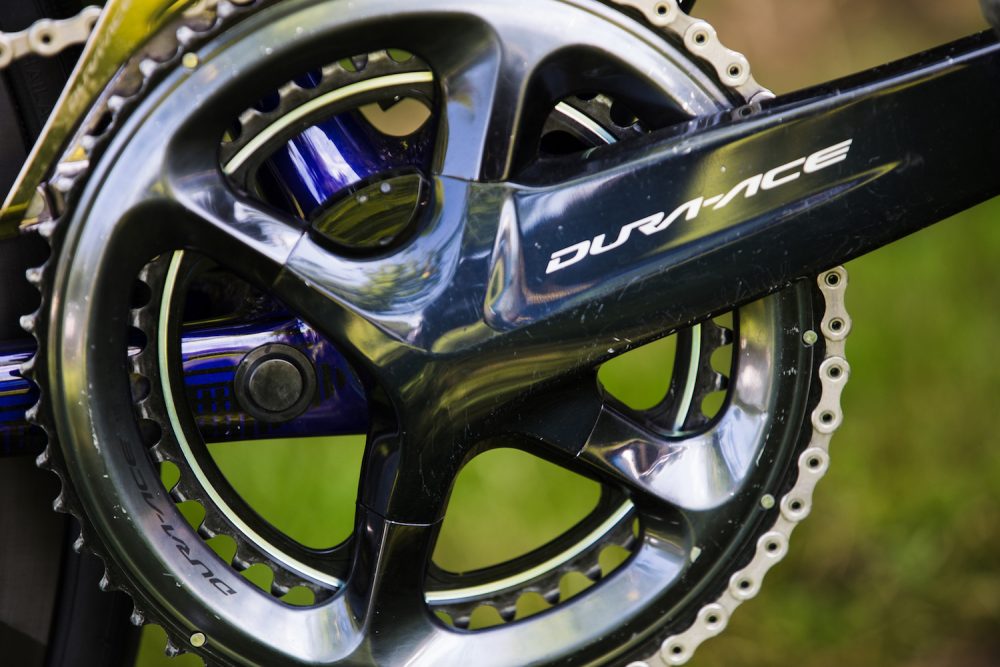Danish brand says it can offer bike companies a power meter for just $6
Could this be the first step in making power meters affordable?


The latest race content, interviews, features, reviews and expert buying guides, direct to your inbox!
You are now subscribed
Your newsletter sign-up was successful
A Danish technology company say they can now offer bike manufacturers a crankarm power meter for just $6.
Sensitivus Gauge ApS, a Copenhagen-based bike tech company, claims it can provide all the tools needed for bike builders to add power meter technology to cranksets for a very small cost.
The company says it wants to help manufacturers release more affordable power meters by offering schematics, source code, mechanical drawings, reference designs and all the know-how needed to build cheap crankset power meters and even develop pedal-based versions.
CEO of Sensitivus, Rolf Ostergaard, said: “In 2016, we started our quest to democratise power meters and make it affordable for all through our two successful crowdfunding campaigns.
“Now we are taking the next step and make this mature technology available to manufacturers that want to help put affordable power meters on all bikes.”
Sensitivus say that due to the falling costs of technology, the materials needed for a power meter can cost as little as $6 (around £4.70), with the total cost excluding the crankset coming in at around $10.
Full integration of technology into a crankset could take as little as three months for a manufacturer, the company added, as Sensitivus will provide full software set up to run the product line, including smartphone apps, cloud services, back-end tools, and a calibration systems.
The latest race content, interviews, features, reviews and expert buying guides, direct to your inbox!
Sensitivus was set up with the intention of developing a low-cost, high-quality bike power meter based on optical sensor technology.
>>> Power data reveals more about the huge attacks put in during Omloop Het Nieuwsblad
However, this technology was not developed enough, so instead the company switched to designing a cheaper conventional strain gauge power meter.
Ostergaard and his team sell directly to bike manufacturers in order to keep the costs low, as they predict power meter technology will switch from an after-market set-up to original equipment manufacturer (OEM), where bike builders sell machines with their own power meter technology included.
Alex Ballinger is editor of BikeBiz magazine, the leading publication for the UK cycle industry, and is the former digital news editor for CyclingWeekly.com. After gaining experience in local newsrooms, national newspapers and in digital journalism, Alex found his calling in cycling, first as a reporter, then as news editor responsible for Cycling Weekly's online news output, and now as the editor of BikeBiz. Since pro cycling first captured his heart during the 2010 Tour de France (specifically the Contador-Schleck battle) Alex covered three Tours de France, multiple editions of the Tour of Britain, and the World Championships, while both writing and video presenting for Cycling Weekly. He also specialises in fitness writing, often throwing himself into the deep end to help readers improve their own power numbers. Away from the desk, Alex can be found racing time trials, riding BMX and mountain bikes, or exploring off-road on his gravel bike. He’s also an avid gamer, and can usually be found buried in an eclectic selection of books.
